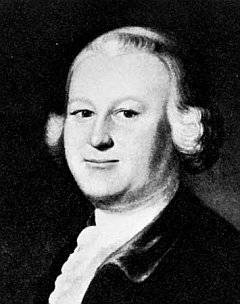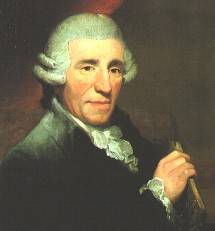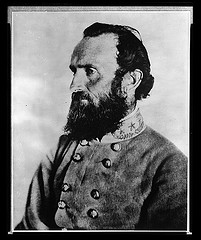It is recorded of the poet Dryden, by Charles Wilson, in his ‘Life of Congreve,’ that having, strange to say, belief in astrology, he was careful to ascertain to the second the time at which his son Charles was born. He then calculated the boy’s nativity, and was alarmed to discover that evil influences prevailed in the heavens. … He concluded that in his eighth year, and on the day of birth, his son’s life would be seriously endangered if not lost; and that if he lived, the same danger would exist when he attained his twenty-third birthday, and again on his thirty-third or fourth. On the boy’s eighth birthday, despite every precaution to keep the boy from every possible danger, he was nearly killed by the fall of a wall. On his twenty-third birthday he was seized with giddiness and fell from an old tower belonging to the Vatican at Rome; and he was drowned at Windsor while swimming across the Thames in his thirty-third year.
— The World of Wonders, 1883



